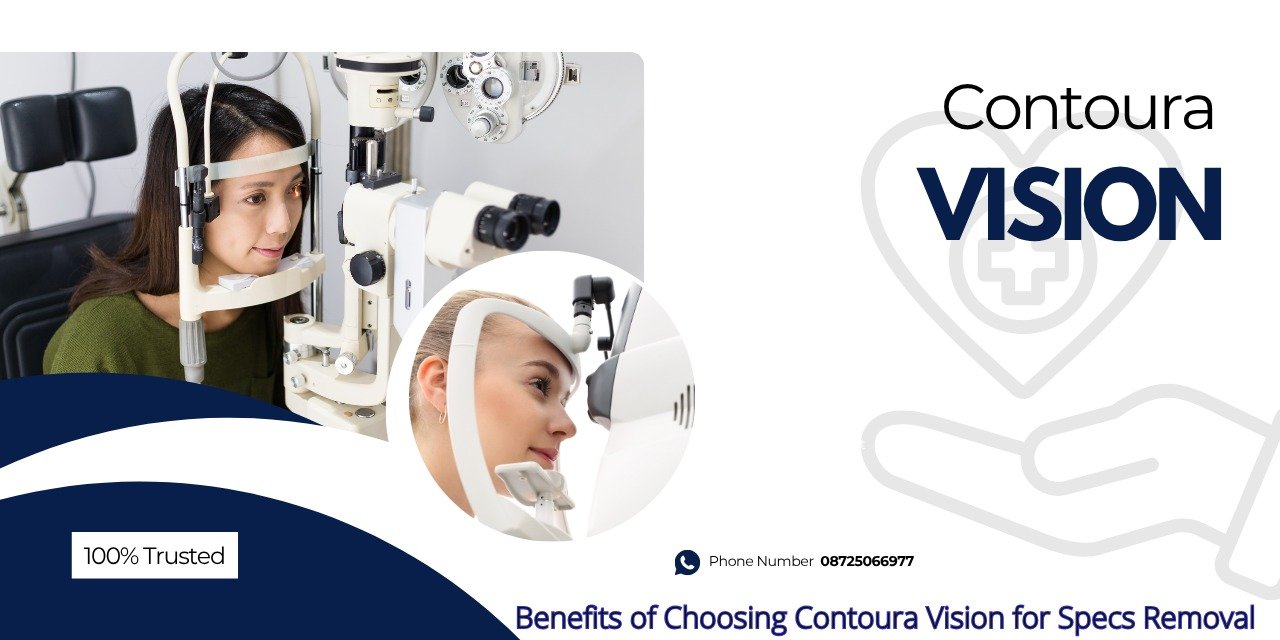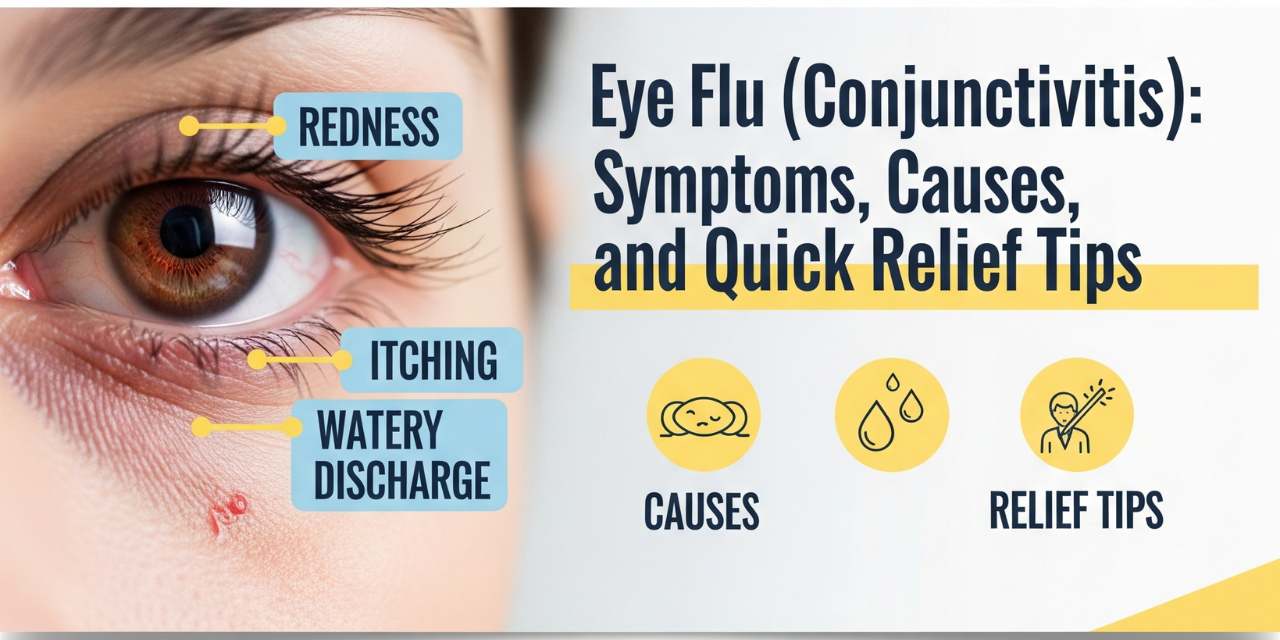In today’s fast-paced world, stress has become an inevitable part of our daily lives. While stress is often associated with mental fatigue, it can also have a significant impact on physical health, especially eye health. Research shows that stress and anxiety can contribute to a variety of vision problems, some of which can be serious if not addressed promptly. In this article, we will explore how stress affects eye health, the vision problems it can cause, and steps you can take to manage anxiety for better eye health.
The Impact of Stress on Vision
Stress triggers a physiological response in the body, often referred to as the “fight or flight” response. This reaction releases hormones like adrenaline and cortisol, which prepare the body for immediate action. While this response is beneficial in short bursts, prolonged stress can have detrimental effects on the eyes.
Stress can cause several eye-related problems, including:
Eye Strain and Fatigue
Prolonged stress or anxiety can cause digital eye strain, leading to discomfort, dry eyes, and blurred vision.
Dry Eyes
Stress can reduce blinking, resulting in dry, irritated, and uncomfortable eyes.
Tension Headaches
Stress can cause tension headaches, often accompanied by eye pain, blurred vision, and light sensitivity.
Increased Risk of Glaucoma
Long-term stress can raise intraocular pressure, increasing the risk of glaucoma and potential vision loss.
Eye Twitching
Stress and fatigue can trigger involuntary eye twitching, known as myokymia.
Worsening of Eye Conditions
Stress can worsen existing eye issues, making it harder to focus and causing discomfort.
Managing Anxiety for Better Eye Health
Addressing anxiety is essential for alleviating its impact on vision. Here are some effective strategies:
1. Regular Exercise
Physical activity helps reduce stress hormones and increases the production of endorphins, the body’s natural stress relievers. Activities like walking, swimming, or yoga can improve circulation to the eyes and reduce tension.
2. Mindfulness and Meditation
Mindfulness practices and meditation are proven to lower stress levels. Taking a few minutes each day to focus on your breath and clear your mind can have a calming effect on your nervous system.
3. Adequate Sleep
Stress often disrupts sleep patterns, which can further exacerbate vision problems. Getting 7-9 hours of sleep each night is essential for eye health, as it allows the eyes to rest and recover.
4. Eye Exercises
Simple eye exercises can help relieve eye strain and improve focus. Techniques like focusing on a distant object for a few seconds or blinking regularly can reduce fatigue and dryness.
5. Breaks from Screen Time
If you spend long hours on a computer or mobile phone, ensure you take frequent breaks. The 20-20-20 rule is a helpful guideline: every 20 minutes, look at something 20 feet away for 20 seconds to reduce eye strain.
6. Seek Professional Help
If you’re experiencing persistent vision problems or stress-related eye issues, consulting a healthcare professional is important. Regular eye exams can help detect any underlying conditions that may be worsened by stress.
Conclusion
Stress has a profound impact on vision and overall eye health. By understanding this connection and implementing effective stress management techniques, individuals can protect their eyesight while improving their mental well-being. For those seeking specialized care for vision problems related to stress or other conditions like glaucoma, consulting with an expert is crucial.Dr. Kavnit Kaur at Dr. Preet Inder Singh Eye Hospital offers comprehensive services tailored to individual needs, including glaucoma treatment in Patiala. For more information or to schedule an appointment, contact +911752227169.












